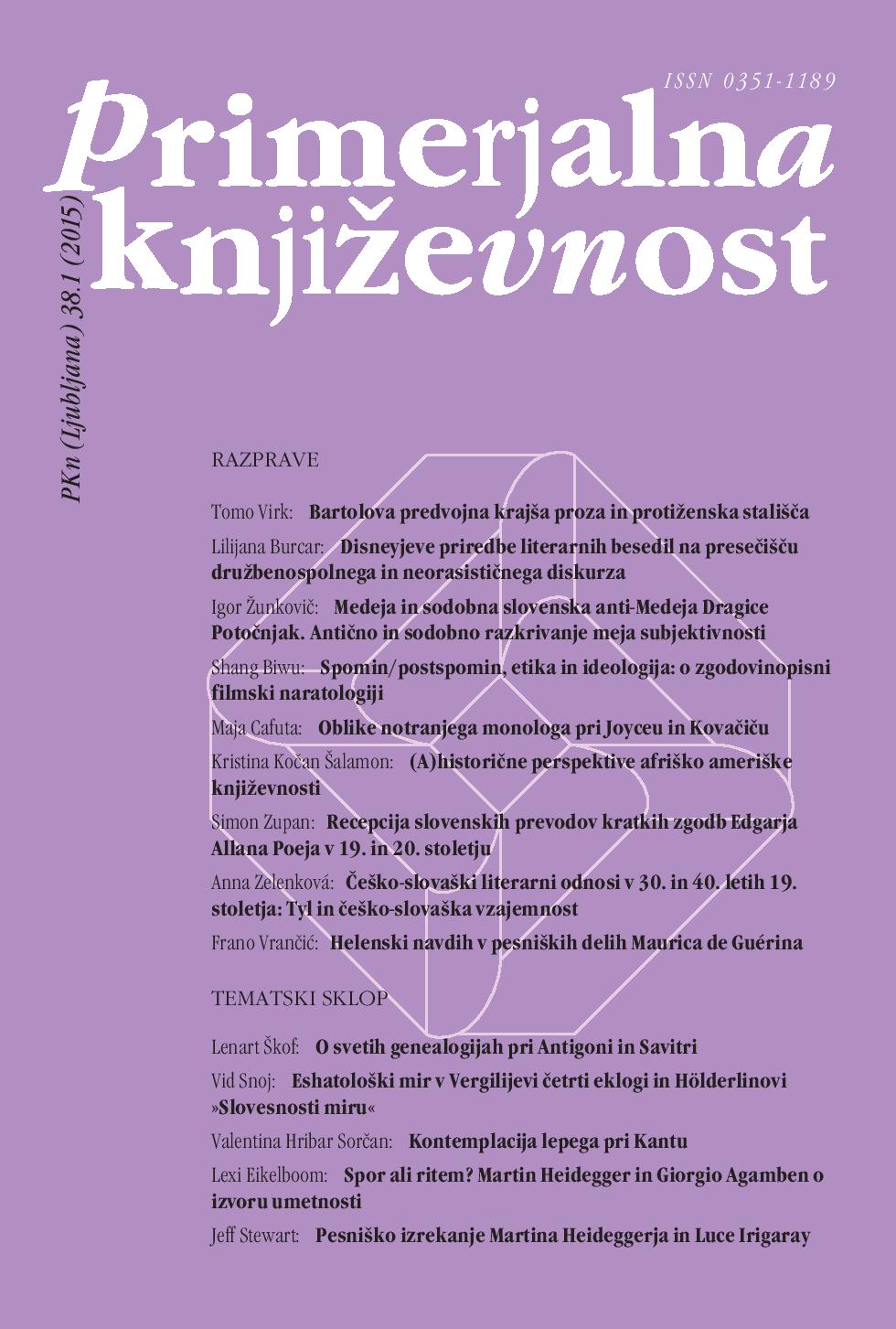Kant’s Contemplation of the Beautiful
Keywords:
philosophy of art, aesthetics, Kant, Immanuel, aesthetic judgement, the beautiful, contemplation, disinterested pleasure, subjectivityAbstract
In Kant’s Critique of Judgment, contemplation denotes perception of an object (either through sensory perception or reflection) that the subject judges to be beautiful. The original (ancient Greek) meaning of the concept of contemplation is “theoretical observation”, whereas in his aesthetics Kant emphasizes exactly the opposite: that in aesthetic judgment contemplation is not based on concepts and therefore this judgment is not cognitive or logic, nor practical or moral. If it were based on a concept, it would follow a certain objective purpose, which would go against its subjective nature. But what is this subjectivity actually like? Kant’s argumentation of subjectivity in aesthetic judgment does not highlight the subject’s personal, intimate, or even exceptional relationship to the beautiful in nature because the subject is allowed to say that something is beautiful only when he is convinced that others would agree with his judgment. When the subject refers to his feelings about the beautiful, he has to legitimize them through the views and feelings of all others. For Kant, this does not mean a loss of subjectivity because he believes that the value of subjective judgments increases if other subjects agree with them. This is the essence of his Enlightenment, universalistic attitude. The article also draws attention to the important role of the concept of contemplation in Kant’s analysis of the teleological power of judgment. In this regard, it critically reflects on the argumentation that Kant uses to presuppose the possibility of understanding nature even as being objectively purposive. The author considers also the ethical significance of aesthetic contemplation in order to deepen a process of subject’s cultivation.References
Escoubas, Éliane. L’Ésthétique. Pariz: Ellipses Édition Marketing S.A., 2003.
Ferry, Luc. Le Sens du beau. Aux origines de la culture contemporaine. Pariz: Le Livre de Poche, 2008.
Kant, Immanuel. Kritika praktičnega uma. Ljubljana: Društvo za teoretsko psihoanalizo, 2003.
Kant, Immanuel. Kritika razsodne moči. Ljubljana: Založba ZRC, ZRC SAZU, 1999.
Lévinas, Emmanuel. Smrt in čas. Ljubljana: Nova revija, 1996.
Majetschak, Stefan. »Vzvišena lepota. Lepota vzvišenosti.« Umetnost in forma. Ur. Stefan Majetschak in Jožef Muhovič. Ljubljana: Raziskovalni inštitut ALU v Ljubljani, 2007. 9–30.
Nietzsche, Friedrich. H genealogiji morale. Ljubljana: Slovenska matica, 1988.
Schopenhauer, Arthur. Svet kot volja in predstava. Ljubljana: Slovenska matica, 2008.


